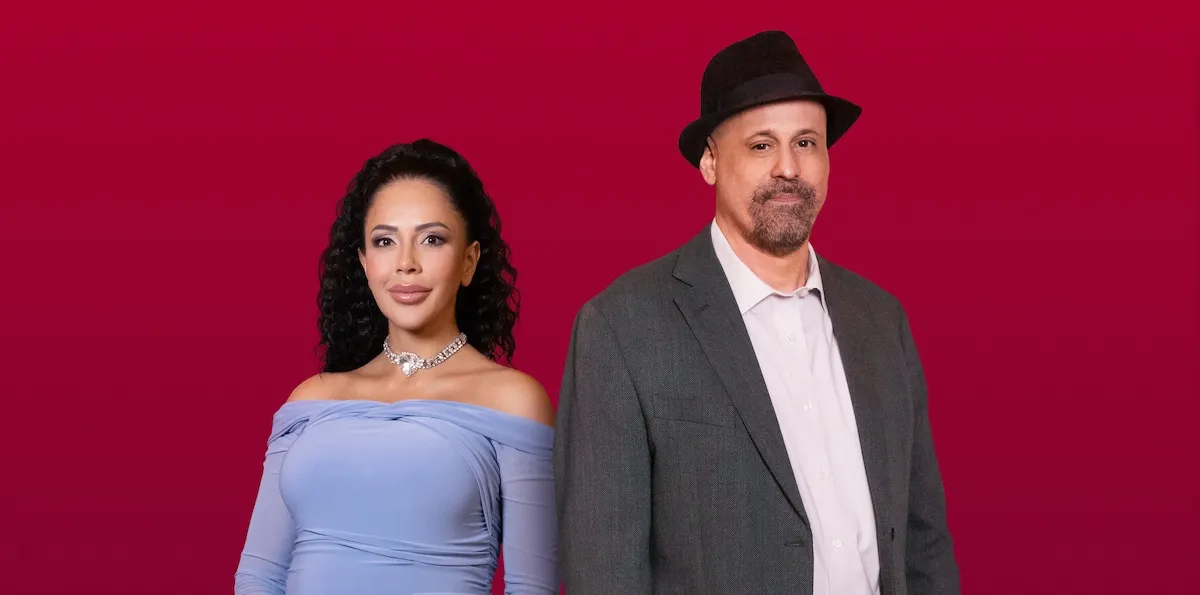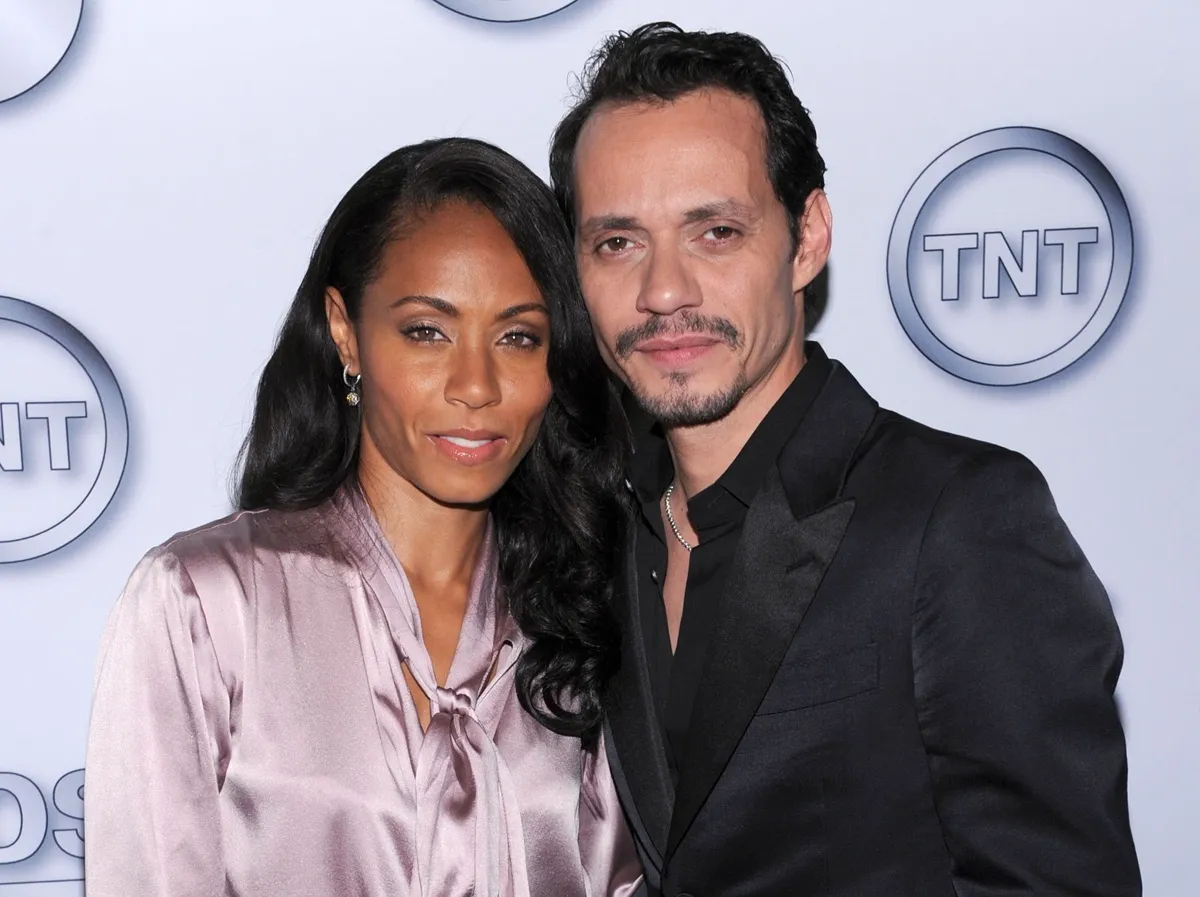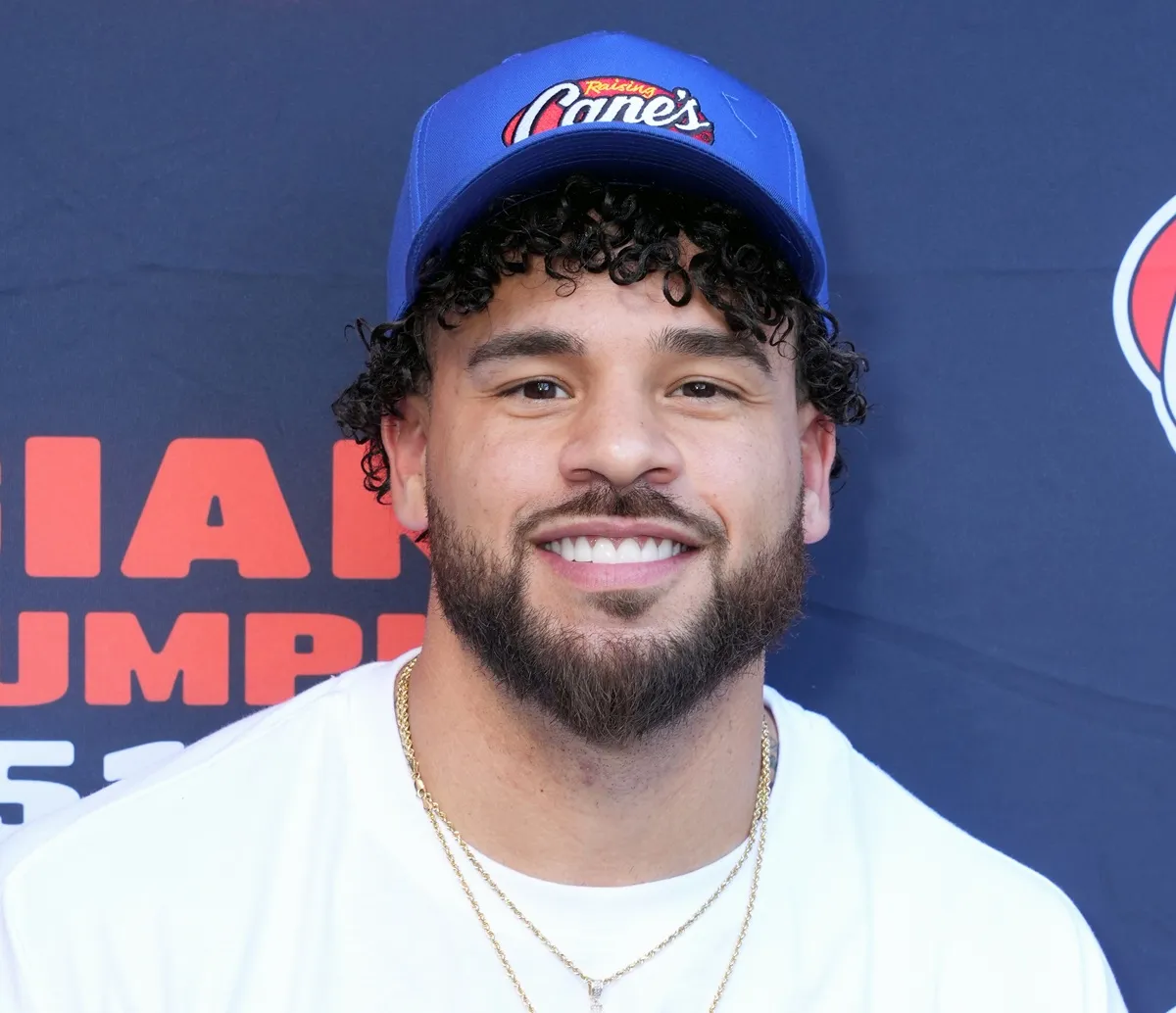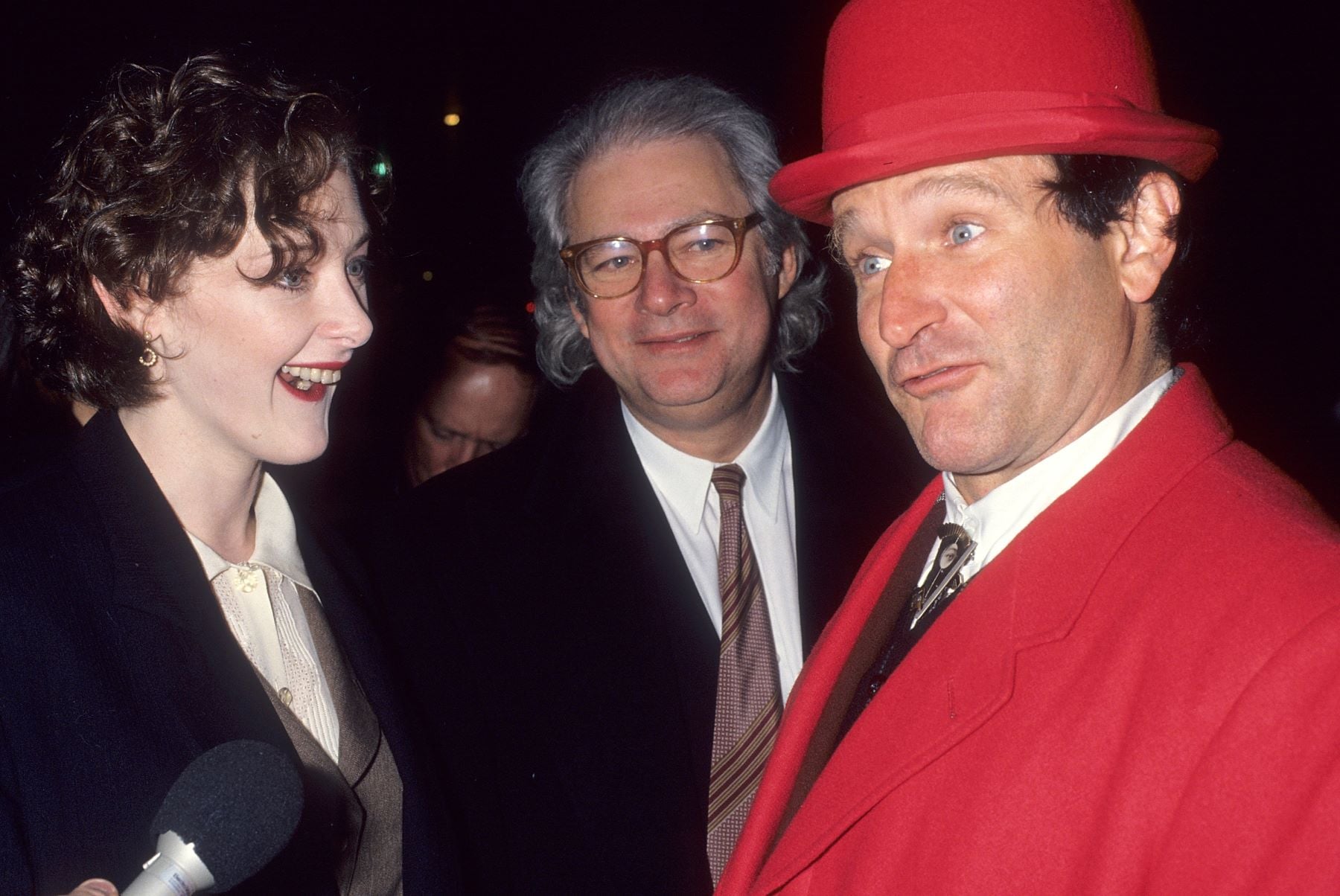
How Disney’s ‘Aladdin’ Made Robin Williams’ Passion Project Look Like a Failure
Despite being one of his generation’s biggest stars, Robin Williams still wasn’t immune to career disappointment. At the peak of his popularity, in the early 1990s, Williams even had a falling out with Disney over Aladdin, blemishing one of his most celebrated roles. While Aladdin surged to international success, it overshadowed the outlook of Toys, a personal project for Williams that ended up one of the few bombs of his legendary career.
Robin Williams didn’t like the way ‘Aladdin’ was marketed
Robin Williams was at the top of his game when he sat down with Disney in 1991 to begin work on Aladdin. Seeing Williams’ explosive talent as perfect for animation, Disney execs teamed him up with animator Eric Goldberg to see how to turn standup routines into movie magic. According to an interview with Goldberg in the L.A. Times, Williams immediately saw the comedic angle for the Genie and flashed his chameleon-like ability.
“He turned into a game show host, an evangelist,” Goldberg said. “Out came all the celebs – Arnold Schwarzenegger, John Wayne, George C. Scott. We took the stuff back to Burbank and went, ‘Oh my God, this is gold. Will they let us put this in the picture?'” Goldberg and his animation team were able to capture Williams’ antics, and the result was a mix of critical support and major commercial appeal.
However, the experience didn’t lead to a Hollywood ending for Williams. As Disney was ready to hit fast-forward on toy and commercial tie-ins, Williams simply wasn’t interested in this aspect of the business. According to a 1993 L.A. Times interview with Williams, he didn’t want his voice used to sell toys at fast-food chains like Burger King. When Disney went forward anyway, Williams agreed to a pay cut to just $75,000 to ensure his voice wasn’t used in merchandising, ending the experience on a sour note.
‘Aladdin’ completely overshadowed the release of ‘Toys’
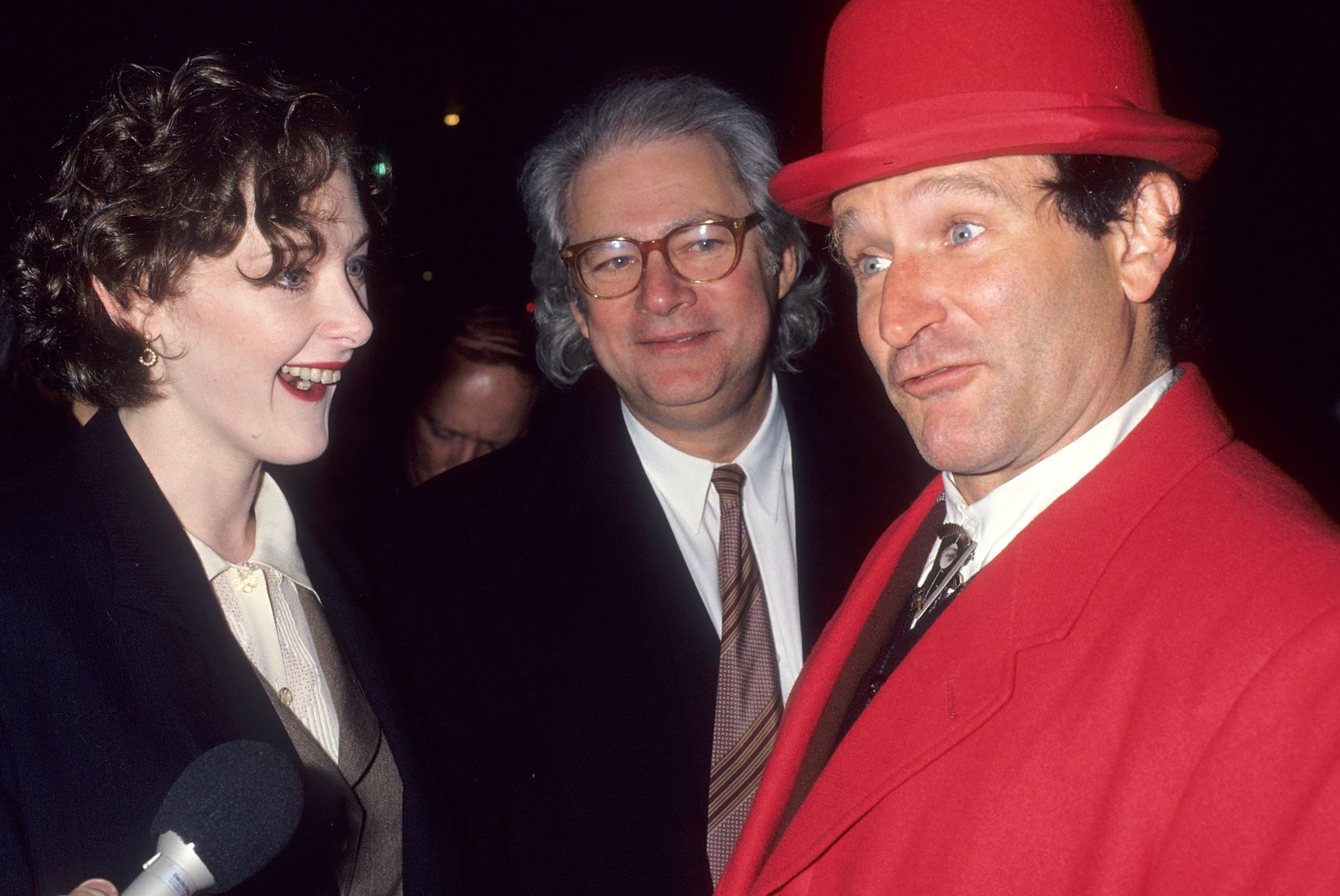
Building on the success of Disney’s Beauty and the Beast, Aladdin was an instant blockbuster when it launched in November of 1992 and still holds a Rotten Tomatoes score of 95%. According to The Numbers, Aladdin was the first Walt Disney hit to cross the $500 million worldwide mark, an eye-popping benchmark 30 years ago. According to IMDb, Aladdin cost only $28 million to produce, making it one of the most successful hits of the 1990s.
Still, any success from Aladdin was likely bittersweet for Robin Williams. Across the multiplex hallway from packed Aladdin screenings, Williams-starring comedy Toys opened a month later to rough reviews and minimal commercial appeal. While Aladdin surged back to the top of the box office to start 1993, Toys faded quickly only a few weeks after its opening and made only $23.3 million, per Box Office Mojo.
Not only did Toys cost 50% more than Aladdin, per IMDb, but it was also a rare artistic misfire for Williams. From TV Tropes, Williams took on the role as a way to channel his inner Gene Wilder, who is still associated with his starring role in Willy Wonka & the Chocolate Factory. It even took Oscar-winning director Barry Levinson more than a decade to develop Toys. Yet, the 29% Rotten Tomatoes mark for Toys stands as one of Williams’s worst critical lashings ever.
Robin Williams bounced back in dramatic fashion
Though Robin Williams was already a bankable movie star at the time, Aladdin brought him a new level of popularity, and the Toys misfire was quickly behind him. With shades of Some Like It Hot, the 1993 release Mrs. Doubtfire would go on to be one of Robin Williams’ most celebrated performances, earning critical praise and dominating at the box office.
Williams was so hilarious during production that director Chris Columbus made sure to keep multiple cameras on Williams as often as possible, per Screen Rant. Columbus, who was just coming off the phenomenon of Home Alone at the time, was terrified of missing a useful bit of comedic improv from the famously spontaneous Williams. According to The Numbers, Mrs. Doubtfire was the second-highest-grossing comedy ever when it finished in theaters, trailing only Columbus’ Home Alone.
Williams’ comedic energy took off in a variety of directions after the success of Mrs. Doubtfire, according to IMDb. Big hits like Jumanji solidified his star status in the mid-1990s, but his Oscar-winning role in the 1997 drama Good Will Hunting brought him to the peak of acclaim. Williams also made waves whenever he hit the standup stage, including his popular 2002 TV special, Robin Williams: Live on Broadway.
Ultimately, Williams even made up with Disney. From Business Insider, Disney tried to get back in Williams’ good graces by gifting him a million-dollar Picasso painting soon after the initial feud. Though he skipped the 1994 sequel Aladdin 2: The Return of Jafar, Williams returned for voice work in Aladdin and the King of Thieves. This time, Disney paid him a $1 million salary, which proved to be well worth it. According to Disney Wiki, Aladdin and the King of Thieves grossed $186 million in video sales, making it one of the most successful straight-to-video releases of all time.
